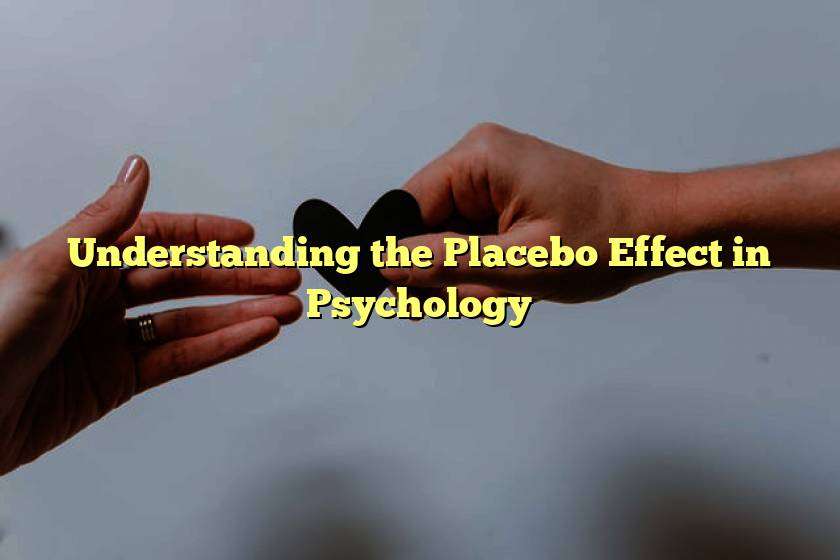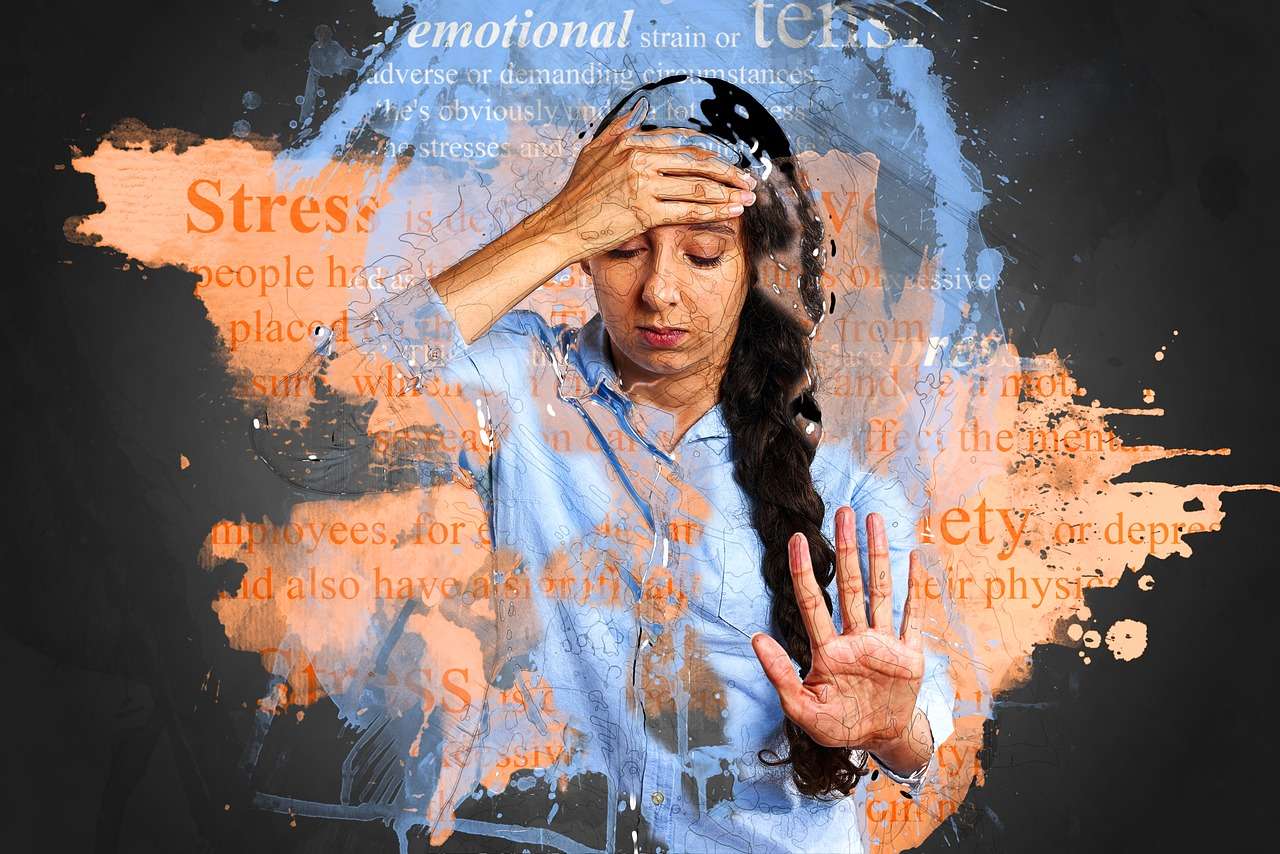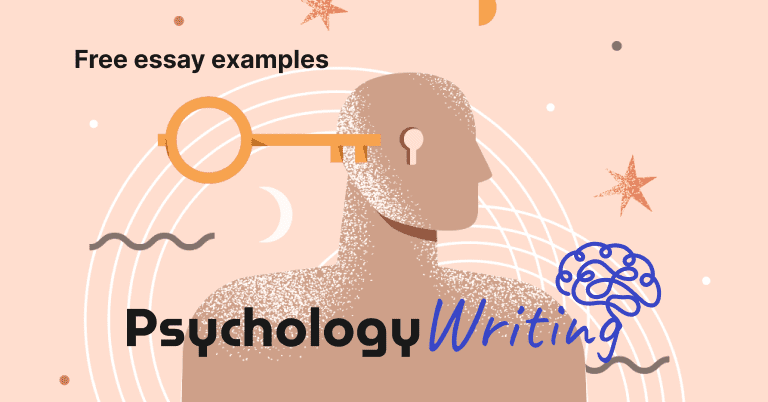The placebo effect is a phenomenon that has been studied in psychology for decades. It is the idea that a person can experience significant improvements in their health or well-being simply by believing that a particular treatment or intervention is effective.
The placebo effect is not just a valid scientific concept, but also a very real and powerful force that can be used to improve people’s lives. In this article, we will examine the placebo effect in detail, discussing what it is, how it works, and how it can be utilized to help people lead happier, healthier lives.
What is the Placebo Effect?
The placebo effect is a complex phenomenon that is not fully understood, but it is generally defined as the improvement in a person’s condition that occurs when they believe they are receiving a treatment or intervention that will be effective. In other words, it is the power of belief to produce positive outcomes.
For example, a person who is given a sugar pill instead of a real medication for pain relief may experience a reduction in their pain simply because they believe they are receiving a genuine treatment. This is because the brain has the ability to produce natural painkillers known as endorphins in response to the expectation of pain relief.
How Does the Placebo Effect Work?
The placebo effect is a complex process that involves several different mechanisms in the brain and body. One of the main mechanisms is the release of endorphins, natural painkillers that are produced by the body in response to stress, pain, or other stimuli.
When a person believes that they are receiving an effective treatment, the brain will release endorphins in response to the expectation of pain relief. This can result in a significant reduction in pain or other symptoms.
Another mechanism involved in the placebo effect is conditioning. This is the process of training the brain to respond to certain stimuli in a particular way. For example, if a person has experienced pain relief from a particular treatment in the past, they may expect to experience similar relief in the future when they receive the same treatment.
Examples of the Placebo Effect
The placebo effect has been studied extensively in a wide range of conditions, including pain, anxiety, depression, and even Parkinson’s disease. In many studies, researchers have found that the placebo effect can be just as powerful as real medication or treatment.
For example, a study of patients with Parkinson’s disease found that those who received a placebo treatment for six months experienced a significant improvement in their symptoms, similar to those who received a real treatment.
Another study of patients with depression found that those who received a placebo treatment experienced a significant improvement in their symptoms, even though they were not receiving a real treatment.
Utilizing the Placebo Effect
The placebo effect can be utilized in a number of ways to help people improve their health and well-being. One way is through the use of placebo treatments in clinical trials. This allows researchers to evaluate the effectiveness of new treatments by comparing them to a placebo treatment.
Another way to utilize the placebo effect is through the use of positive affirmations and visualizations. These techniques can help people develop positive expectations and beliefs about their ability to improve their health and well-being.
Finally, the placebo effect can be utilized through the use of alternative and complementary therapies. For example, acupuncture, massage, and other forms of holistic medicine may produce positive outcomes simply because the patient believes they will be effective.
Conclusion
The placebo effect is a fascinating and powerful phenomenon that has been studied extensively in psychology and medicine. It is the power of belief to produce positive outcomes, and it can be utilized in a number of ways to improve people’s lives.
In order to fully understand and utilize the placebo effect, it is important to recognize that it is a complex and multifaceted phenomenon that involves several different mechanisms in the brain and body. By harnessing the power of the placebo effect, we can help people lead happier, healthier lives.



